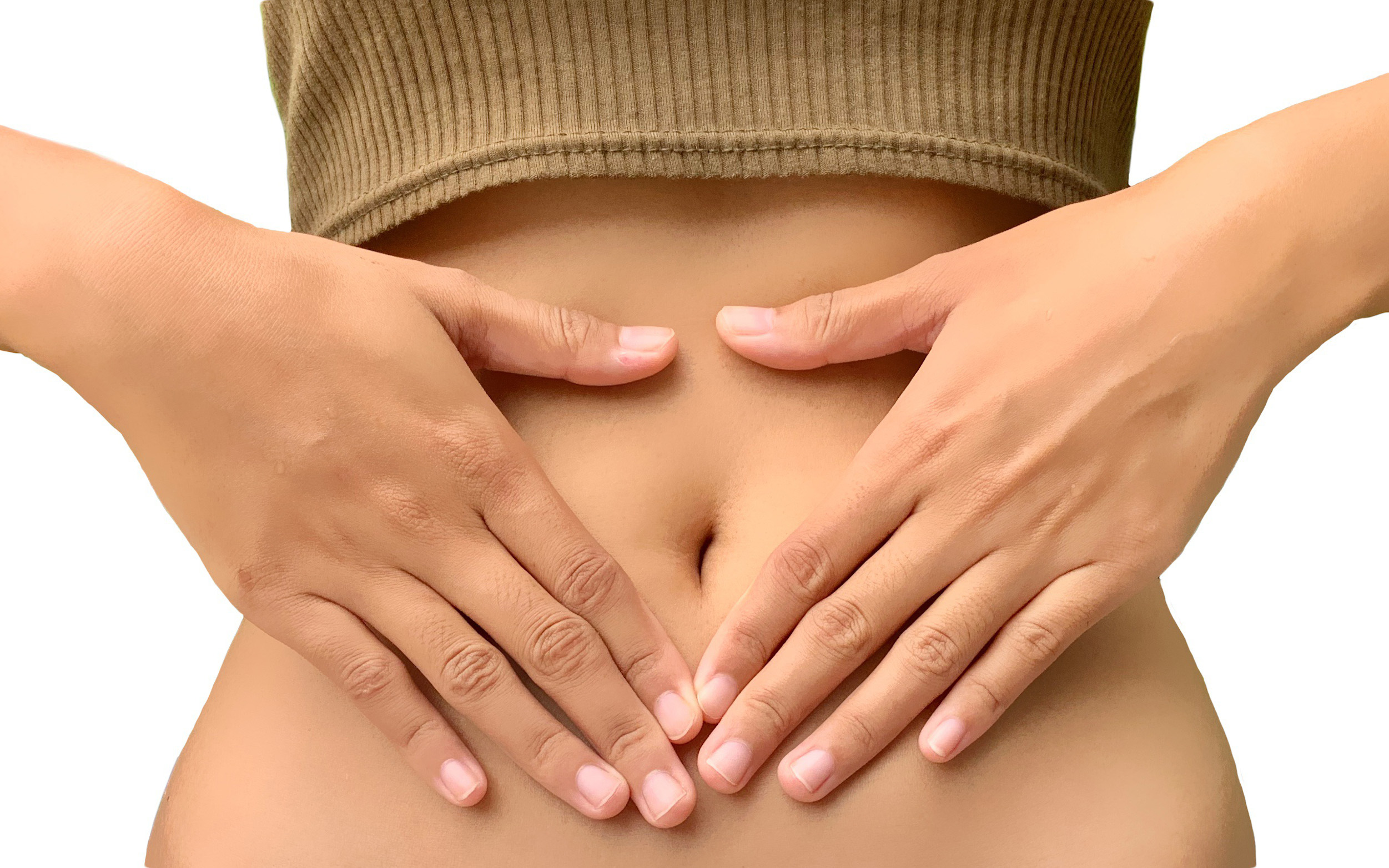News release
From:
Research led by the Centenary Institute, the University of Technology Sydney and the Hunter Medical Research Institute suggests that the gut microbiome plays a pivotal role in the development of chronic obstructive pulmonary disease (COPD), paving the way for new therapeutic treatments.
A chronic lung disease characterised by breathing difficulties, COPD is caused by long-term cigarette smoke inhalation or by exposure to airborne pollution or other toxic compounds. It ranks as the third leading cause of death globally.
Published in the prestigious science journal Gut, key discoveries from the study include the identification of distinct gut bacteria associated with COPD and the potential effectiveness of faecal microbiota transfer (FMT) as a COPD treatment. The study also demonstrated improved outcomes for COPD patients through nutritional interventions tailored to the microorganisms found in the gut.
“The gut hosts the largest and most diverse microbiome in the body that, depending upon its composition, can either trigger or inhibit inflammation, including in the lung,” said senior study author Professor Phil Hansbro, Director of the Centenary UTS Centre for Inflammation.
“We were able to identify specific gut bacteria associated with the development of COPD in our mouse models, confirming the complex interplay between the gastrointestinal microbiome, inflammation and lung disease,” he said.
Professor Hansbro added that the study had also demonstrated the potential effectiveness of faecal microbiota transfer (FMT) in the treatment of COPD.
“We used FMT to transfer beneficial gut microorganisms between healthy and COPD mice, that helped to reduce lung inflammation and improve breathing. This suggests a potential therapeutic effect of these specific gut microbes in mitigating COPD-related issues," said Professor Hansbro.
The lead author of the study, Dr Kurtis Budden, from the Hunter Medical Research Institute highlighted positive outcomes for COPD patients resulting from dietary interventions.
"Enhancing the diet of a small select group of human COPD patients through dietary fibre supplementation led to noticeable improvements in disease symptoms. Likewise, providing a high-resistant starch diet to mice with COPD yielded beneficial outcomes. These discoveries point towards a promising direction for dietary modification in the management of COPD,” said Dr Budden.
The researchers state that their work opens up exciting new possibilities for microbiome-targeting treatments that could make a real difference in the lives of people dealing with COPD — a disease for which there is currently no cure.
Multimedia





 Australia; NSW
Australia; NSW



